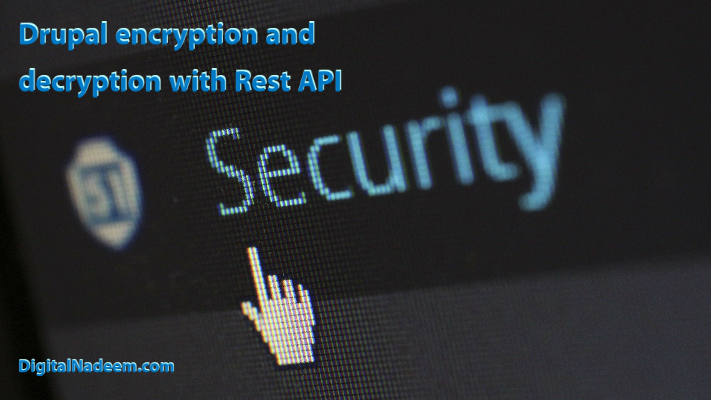How Does Django Generate Secret Key
Jul 07, 2013 Hiding Django's Secret Key. Posted on July 7, 2013 by Miles Steele Django uses a secret key for many of its security features. It will look for an existing secret key in and if it does not find one, then it will generate and save one into secretkey.py when the settings file is used.
Jwt Secret Key Generator
- I wrote an ansible-role for openwisp2 to ease its deployment, it's a series of django apps. To ease the deployment as much as possible, I wrote a simple (probably trivial) SECRETKEY generator script which is called by ansible to generate the secret key the first time the ansible playbook is run. Now, that works fine BUT I think it defeats the built-in security measures Django has in.
- Django-admin startproject automatically adds a randomly-generated SECRETKEY to each new project. Uses of the key shouldn’t assume that it’s text or bytes. Every use should go through forcestr or forcebytes to convert it to the desired type. Django will refuse to start if SECRETKEY is not set.
| >python manage.py runserver |
| Traceback (most recent call last): |
| File 'manage.py', line 8, in <module> |
| execute_from_command_line(sys.argv) |
| File '//anaconda/lib/python2.7/site-packages/django/core/management/__init__.py', line 399, in execute_from_command_line |
| utility.execute() |
| File '//anaconda/lib/python2.7/site-packages/django/core/management/__init__.py', line 392, in execute |
| self.fetch_command(subcommand).run_from_argv(self.argv) |
| File '//anaconda/lib/python2.7/site-packages/django/core/management/base.py', line 242, in run_from_argv |
| self.execute(*args, **options.__dict__) |
| File '//anaconda/lib/python2.7/site-packages/django/core/management/base.py', line 279, in execute |
| saved_locale = translation.get_language() |
| File '//anaconda/lib/python2.7/site-packages/django/utils/translation/__init__.py', line 154, in get_language |
| return _trans.get_language() |
| File '//anaconda/lib/python2.7/site-packages/django/utils/translation/__init__.py', line 52, in __getattr__ |
| if settings.USE_I18N: |
| File '//anaconda/lib/python2.7/site-packages/django/conf/__init__.py', line 54, in __getattr__ |
| self._setup(name) |
| File '//anaconda/lib/python2.7/site-packages/django/conf/__init__.py', line 49, in _setup |
| self._wrapped = Settings(settings_module) |
| File '//anaconda/lib/python2.7/site-packages/django/conf/__init__.py', line 151, in __init__ |
| raise ImproperlyConfigured('The SECRET_KEY setting must not be empty.') |
| django.core.exceptions.ImproperlyConfigured: The SECRET_KEY setting must not be empty. |
commented Nov 8, 2016 • edited
edited
Solution of the problem Just like the error says, you have no SECRET_KEY defined. You need to add one to your settings.py. Generate ssh keys for git. The SECRET_KEY can be just about anything..but if you want to use Django to generate one, you can do the following from the python shell:
Copy the SECRET_KEY to your settings file. |
Flask Secret Key
